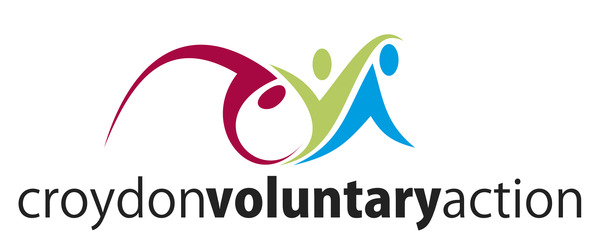A snapshot of children and young people’s thoughts and feelings about their health and wellbeing has provided valuable insights.
More than 4,000 school-aged children in Croydon responded to the council’s first survey of this kind that aimed to gain insights about their health and wellbeing, and how they are coping with challenges following the Covid-19 pandemic.
They responded to questions on topics covering mental health, diet, exercise, sleep, relationships, and their general wellbeing.
Children from 44 primary and 29 secondary schools in year groups 4, 6, 8, 10 and 12 completed the survey anonymously with the support of teachers or adults responsible for their education.
Most responses came from children in years 4 and 6. However, the overall results represent all eligible ages, sexes, and ethnic groups, and provide valuable insights into health and wellbeing issues for children and young people.
The findings show the majority who took part said they feel in good or excellent health, with most eating five portions of fruit and vegetables each day. They also reported having good dental hygiene – 82% of all children and young people met the recommendation of brushing their teeth at least twice a day.
Most primary school-aged children are happy with their body image and the way they look, which is evenly split across boys and girls. Just over half (56%) of the secondary school-aged children felt the same, with the split lower in girls than boys.
Three-quarters of the primary school-aged children said they have breakfast every school day. However, this compared to half of secondary school-aged children, where girls were less likely to eat weekday breakfasts than boys.
Children and young people aged 5 to 18 should be doing at least 60 minutes physical activity each day across the week. The survey found 27% of Croydon’s primary school-aged children meet the recommendation for at least one hour of physical activity every day. This falls to 18% in young people in Year 8 and Year 10 and to 13% in Year 12.
Only children in school years 8, 10 and 12 were asked to respond to questions on smoking, which found the vast majority had never smoked and more than four in five (86%) said they had not vaped.
Around two-thirds (63%) of primary school-aged children feel proud to live in Croydon, which compares to around a quarter (22%) of secondary school-aged children. Perceptions of safety were also highest in primary school-aged children. It is worth noting that while all respondents go to a school in Croydon, they do not all live in the borough.
The council’s public health and education teams will further unpack the survey findings to address the children’s worries and concerns, particular around knife crime, terrorism, wars, and gangs.
Bullying was also an issue highlighted particularly by children under 13, while older children expressed schoolwork, exams or tests as concerns. However, most said they would be happy speaking to someone about their worries.
The council’s public health team received funding from the Department of Health and Social Care’s Contain Outbreak Management Fund in relation to the Covid-19 pandemic recovery, to carry out this survey every two years, over the next 10 years. The findings will help to better understand how the health and wellbeing of local children and young people changes. The next survey in the series will be launched in the autumn school term 2024.
The current survey findings are already being shared and acted on by schools, council services, health and community organisations and services. Croydon’s Education Partnership is also offering comprehensive training for schools and organisations supporting children around personal, social, health, and economic (PSHE) education, and further resources focusing on sex and relationships, consent, and gender-based violence within schools.
Jason Perry, Executive Mayor of Croydon, said: “I want to personally thank everyone who completed this survey. These findings provide vital insights into the health and wellbeing of children and young people in Croydon. We will use the survey findings to support the key priorities in my Business Plan (2022-26) to achieve better outcomes for children and young people, and ensure they have opportunities to thrive, learn and fulfil their potential.”
Rachel Flowers, Croydon’s director of public health, who commissioned the survey, said: “I am very pleased to present the findings from the first Health and Wellbeing Survey for children and young people in Croydon. The national evidence revealing the impact of the Covid-19 pandemic on their lives is a cause for serious concern. It is important that we find out directly from children how they are feeling and coping with challenges, so that we can adequately support them.
“I am extremely grateful to all the children who took the time to share their views and to the teachers and educators who supported them. The survey results are already helping to shape plans to improve services. Our long-term ambition is to make a positive difference for children and young people, with their views at the heart of these actions.”
